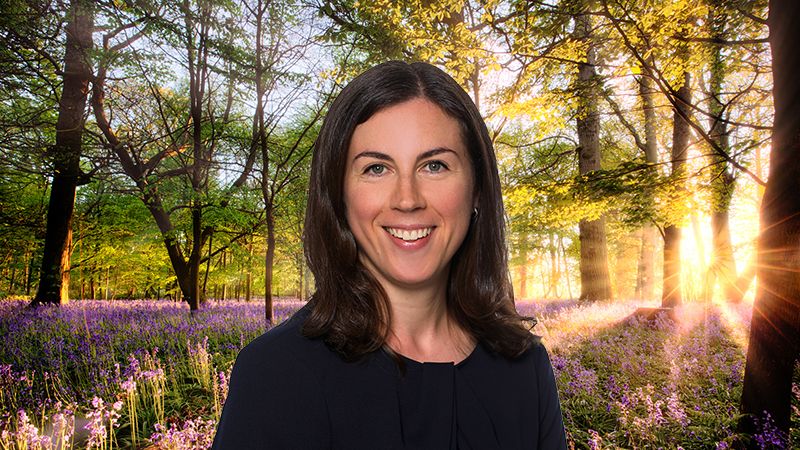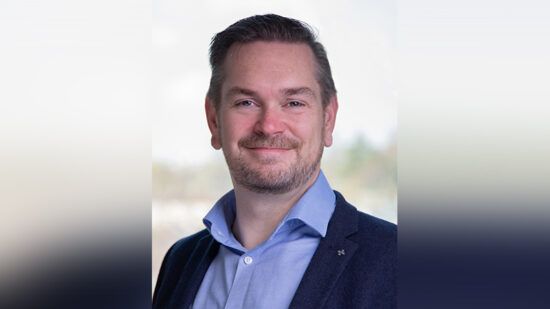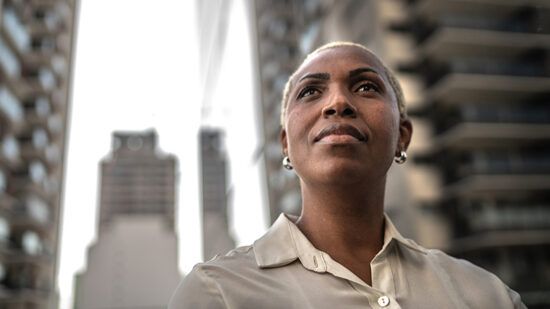In this series for PA Future, as we enter spring, we ask senior members of the responsible investment industry about what the next iteration of ESG looks like, to share their fresh additions to portfolios and what they would like to see emerge from regulators.
Juliana Hansveden, portfolio manager in the sustainable equity team at Ninety One, explains why she is sceptical of simplifying sustainable topics into scores, and why investors need a fresh perspective on structural growth opportunities.
The first quarter of 2024 has seen industry spokespeople talk about the next iteration of ESG or how ‘ESG is growing up’. What’s your take on this? What is key for the next evolution in this space?
I am very sceptical about simplifying complex sustainability topics, especially for emerging markets companies, into sustainability scores, something that is common industry practice. There is no substitute for fundamental deep dive sustainability analysis, which should do the heavy lifting and drive conviction. The long-term sustainable investor needs to speak to management teams and experts to fully understand sustainability-driven growth, competitive advantages and sustainability-related risks, especially in emerging markets, where data is scarcer, and the quality of the data provided can be poor. Sustainability research is inseparable from the fundamental company research and should be conducted by the investment team, the analysts and portfolio managers who know the companies the best, as this increases the level of conviction in the investment cases, as well as improves the quality of engagements. When approaching ESG or sustainability in this way, it allows us to capture the most exciting long-term investment opportunities in emerging markets.
What was the most recent new investment/addition to your portfolio?
Lack of access to the financial system limits the life chances of many people in the emerging world, and economic development more broadly. According to the World Bank, in 2021, 139 million adults in Latin America and the Caribbean (28% of the population) did not have access to a financial-institution account. Brazil, Mexico and Colombia alone were home to 92 million unbanked adults, 65% of the total. This is because incumbent banks in Latin America tend to focus on large businesses and high-income customers. We recently added Nu Bank, the leading digital bank in the region. By addressing a previously underserved market in a sustainable way, it has a long potential growth runway ahead. Thanks to Nu Bank’s cost advantage and clever method of initially offering small loans to customers and gradually expanding the product offering as they increasingly understand the riskiness of their borrowers, it has grown substantially, and is serving 95 million customers as of end of 2023, making it a significant driver of financial inclusion in the region. I expect the company’s entry into Mexico to be its next growth driver.
Which new themes are you exploring in portfolios?
My team and I am excited about the transformations taking place in emerging markets including decarbonisation, financial inclusion, digital inclusion and the provision of health care products and services, which we believe can drive growth and profitability for the right companies. The opportunity is vast – especially in emerging markets. The UNCTAD, an EM focused trade organisation under the UN, estimates the total investment required to meet the UN SDGs and the goals of the Paris agreement is $2.5trn. In fact, 70% of the SDG and Paris Agreement capital needs to go to developing countries, despite this, 88% of ESG/Sustainable investment funds are global or developed market focussed. Our investment process is bottom up and therefore I will add to the growth areas where we find the best ideas. Healthcare is an area I would like to add to over time although it is currently underrepresented in emerging markets equities, making it challenging to find companies that meet our criteria.
It has been said many times that the industry is just at the beginning of ESG regulation. What else would you like to see?
ESG regulation is progressing well. In the UK we are seeing the introduction of SDR (Sustainability Disclosure Requirements), following Europe’s SFDR, which will allow individuals, financial advisors and institutional investors to better understand the sustainability approach of the strategies they are considering investing in. Of course, the need to conduct due diligence on the investment teams and their investment processes will still be there, but the increased clarity of terminology and standardisation of disclosure will certainly help.
Spring is a time for new beginnings. What are you looking at with a fresh perspective in your personal or work life and why?
Spring is a good reminder of the importance of retaining a long-term approach when investing as the market sentiment, just like seasons, can change quickly. Only by maintaining a long term, sustainable approach to investing, which also stresses the important of value creation for shareholders, or EVA – economic value added, can we generate strong returns to our clients. I also believe some fresh perspective is needed for all investors when assessing structural growth opportunities linked to sustainability, as well as emerging markets equities more broadly, areas that partially have been clouded by negativity during the past year. Periods of weak sentiment allow me to add to the future leading and sustainable companies of emerging markets and I see substantial value in the names I currently hold. There is only one viable path forward for developing countries and the companies that operate within them and that is a sustainable one. Companies in emerging markets are showing they can innovate and forge new ground rather than following the course that developed markets have over the past decades. A course that created substantial negative externalities in the form of carbon emissions among other things.








